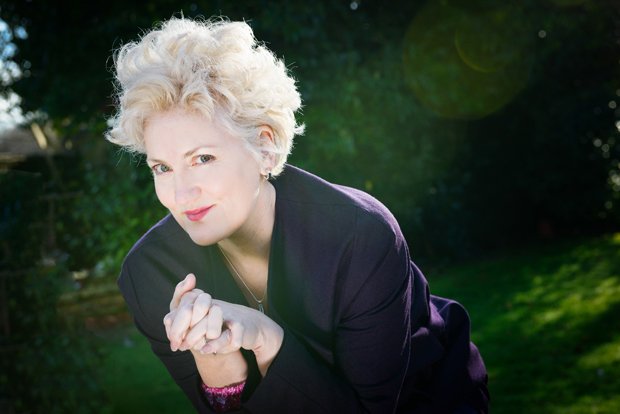Scottish Opera are developing a tradition of exploring lesser-known operas in concert form, such as Puccini’s Edgar last year. In his talk before the opera, Music Director and tonight’s conductor, Stuart Stratford, explains that it is the company’s mission to commission new work and explore neglected works, as well as performing the standard works in the opera repertoire.
Tonight, they have chosen a work by one of opera’s best known composers, Pietro Mascagni, best known for Cavalleria Rusticana, but tonight is the Scottish premiere of Silvano, his fourth opera. It was well received on its premiere at La Scala in 1895, but has been somewhat neglected since. It has been suggested that it has an awkward length at one hour twenty minutes: too long to be part of a double bill, but too short to be seen on its own. Scottish Opera solves this problem tonight by having an interval between Acts 1 and 2, making an almost two hour evening. What’s more, the music and the singing are so good, one wonders why it has never been done before.
However, the important thing about Silvano is the music and singing, and both are very good indeed. Firstly, there is a big chorus—twenty-four men and nineteen women—in the choir stalls of the Usher Hall, under the direction of Susannah Wapshott. They have a lot to sing, and sing it wonderfully. Secondly, the orchestra of Scottish Opera is of a very high standard, and under the excellent direction of Stratford, they really do justice to Mascagni’s fine music. Occasionally, there is a problem of balance between the volume of the orchestra and the soloists, but this is a common problem when you have the orchestra on the stage, rather than in the pit.
Finally, and most importantly, are the soloists, and again they are excellent. Emma Bell, as Matilde, is the outstanding singer of the evening, although to be fair, she does have the central role. Bell has been building a growing reputation internationally since winning the Kathleen Ferrier Award, and tonight she shows us why in her Scottish Opera debut. She has a rich creamy soprano voice, with a great range and power when required: she certainly doesn’t get drowned out by the orchestra!
Alexey Dolgov is a very good young Russian tenor who has appeared with Scottish Opera before as Vaudemont in Iolanta, and is building up a very good reputation internationally, singing major roles, including at The Met and Covent Garden. He has a very sweet tenor voice with an almost Italianate ring to it, and has good power and range. He also looks the part of the young lover of Matilde.
His rival, Renzo, is very solidly sung by British baritone David Stout, who has a smaller role but sings it well and dies convincingly. He has sung for Scottish Opera in smaller roles recently, and it would be good to hear him take on some of the major baritone roles, which he is beginning to do internationally. Finally, experienced Welsh mezzo-soprano, Leah-Marian Jones, who is well known to Scottish Opera audiences, sings the small part of Silvano’s mother well.
Was it worth doing? Certainly! But it wouldn’t warrant a staged production, as in the end it is the music and the singing that matters in Silvano. Sadly, there is a rather small audience, with the Usher Hall only half full, but they certainly give it a warm response.
